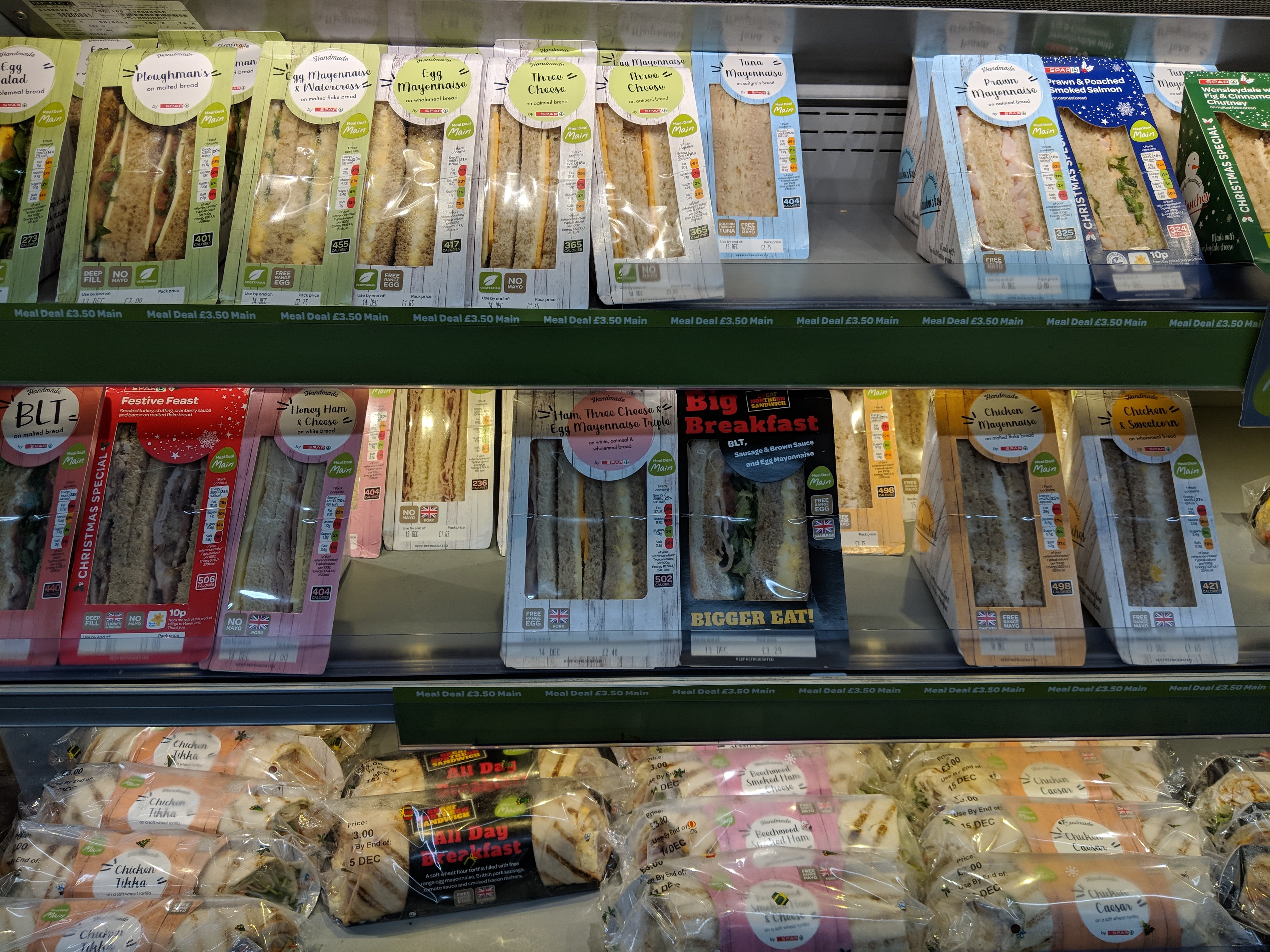
It’s been five years since teenager Natasha Ednan-Laperouse died from an allergic reaction to a sandwich she’d eaten, unaware that it contained sesame, which she was allergic to. The tragic event triggered a campaign for a law that would stop it from being repeated – the result, Natasha’s Law, has this month been introduced in the UK. Requiring all food outlets to provide full ingredient lists with clear labelling on pre-packed for direct sale (ppds) items, the law aims to ensure that customers are aware of all potential allergens in the food they consume.
 Julian Edwards FCSI, the owner of GY5 Foodservice Consulting and chair of FCSI UK & Ireland, has worked closely with clients on implementation of the law. He outlines what it means for the industry.
Julian Edwards FCSI, the owner of GY5 Foodservice Consulting and chair of FCSI UK & Ireland, has worked closely with clients on implementation of the law. He outlines what it means for the industry.
What does the implementation of Natasha’s Law mean for the foodservice sector?
In basic terms it is the biggest and most expensive challenge since the introduction of nutrient standards in school meals in 2008. This involved researching and tracking 13 nutrients that make up a three-week menu cycle and required caterers to buy in expert help, invest in software and train all team members. Natasha’s law has similar implications for the foodservice sector and has required a huge effort and expense from businesses.
In your view, is it adequate in scope and desired impact?
It will indeed promote greater safety for hypersensitive consumers when done correctly. If businesses can identify what products that are ppds and that the purchase of these will require little or no verbal communication between the customer and the server then the regulations will serve an important purpose, to protect the consumer and the business itself.
How challenging has it been for foodservice operators to prepare to comply?
It has been a significant challenge for all in food service that offer ppds products. During the build up a mass of mis-information from unreliable sources led to confusion as to what exactly should be done. Timing is everything and one of the most common daily challenges being faced is a substitute or change of ingredient that can basically turn your ppds system upside down. When you’ve prepared labels and one of the ingredients has changed and you either stop production for that day or week , or scrabble around to produce a new set of labels.
Who will be most impacted by Natasha’s Law?
Primarily those customers who need information straight away to make an informed choice (when buying a ppds item) will be mostly – positively – impacted.
As a consultant how do you work with clients to ensure they comply with the new law?
For our clients we have been building in ppds regulations for over two years in tender specifications to ensure that all would be ready and compliant for 1 October 2021. Since December 2020 we have been supporting free resource guides and contributing or even hosting webinars on the subject. Today we are firefighting as not all businesses are operating to the same methods and this has led to almost daily requests for clarifications.
What’s next in this area?
With any new regulations and standards, government provides more than sufficient time for these to be implemented. So, hopefully nothing imminent will change. There is, however, a growing campaign for Owen’s Law <. https://owens-law.co.uk/>. Paul Carey, a wonderful man, is Owen’s Dad and is campaigning for clear allergen labelling in restaurants. This will be a significant change also but when businesses cannot offer verbal/ professional advice on ingredients, including allergens to enquiring customers, then there’s no choice but for it to be written on the menu. Ireland has implemented this method since 2014.
Tina Nielsen




